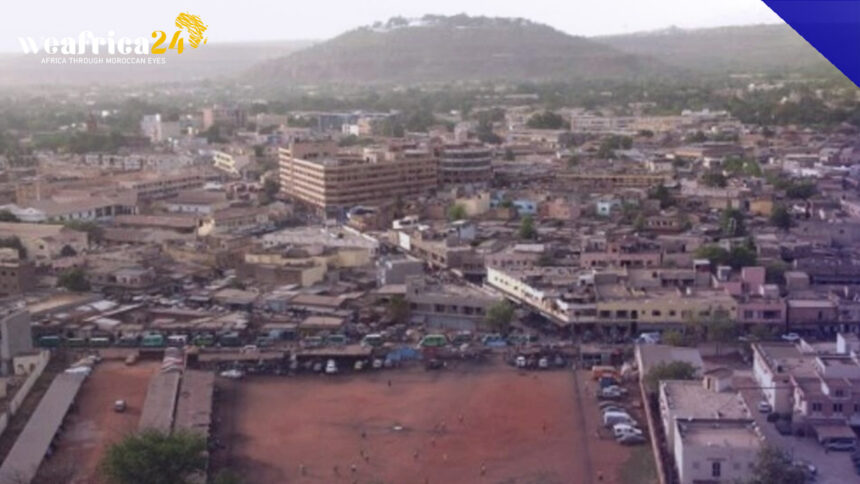The list of members for the steering committee of the upcoming Inter-Malian dialogue was unveiled in the Official Journal on Wednesday, January 31st. Announced by the transitional president, Colonel Assimi Goïta, in his New Year’s speech, this dialogue aims to facilitate the “national ownership of the peace process” and “eliminate the roots of communal and intercommunal conflicts.”
The revealed steering committee is diverse, comprising representatives from all of Mali’s communities, including religious, political, military, academic, judicial, journalistic, and associative figures from various regions of the country. However, some key actors seem to be notably absent.
With a formidable 140 members, this steering committee is designed to be representative and legitimate, ensuring inclusivity across Mali’s diverse spectrum. The committee also includes a vice president and two rapporteurs, led by former Prime Minister Ousmane Issoufi Maïga from the Gao region in the North. Noteworthy participants include former ministers, such as Zeini Moulaye, Abou Sow, Aminata Dramane Traoré, and General Yamoussa Camara.
Lack of Clarity on Objectives
Several members of the steering committee, express that they have yet to receive any specific information on the concrete objectives of this dialogue, the expected work of the steering committee to which they belong, or the anticipated timelines.
These critical details are expected to emerge with the official installation of the committee, for which a date has not yet been disclosed. Will this dialogue lead to the drafting of a document intended to replace the 2015 peace agreement? Will it result in new laws or other national or local initiatives? At this stage, ambiguity persists. “Work is underway to clarify all this; it is still too early,” explains one committee member.
Denials and Surprises
While the name of one of its members appears on the list published in the Official Journal, the opposition political party Codem has denied its participation in the committee. According to a statement released on Thursday morning, the party was neither “consulted” nor “solicited” and is “not represented” in the committee.
No Representation for Armed Groups
Despite being an alternative to the 2015 peace agreement, the upcoming inter-Malian dialogue excludes key actors involved in internal conflicts. None of the armed groups signatories to the now-defunct peace agreement have been invited. This omission comes as a surprise to groups currently aligned with the transitional authorities, such as the MSA and the Gatia, who expressed hope that the names they have proposed will be added. Several leaders of these groups have confirmed this information.
On the contrary, it is not surprising that armed groups from the CSP (Permanent Strategic Framework), currently in conflict with the transitional government of Mali, have not been invited. Primarily composed of Northern independence movements and now considered by Bamako as “terrorists” akin to jihadists linked to al-Qaeda or the Islamic State, they view the dialogue as a “farce” and a “non-event” meant to “entertain the gallery.”
Given these conditions and despite the virtues and commitment of its participants, it remains unclear how the forthcoming inter-Malian dialogue could effectively contribute to peace.







